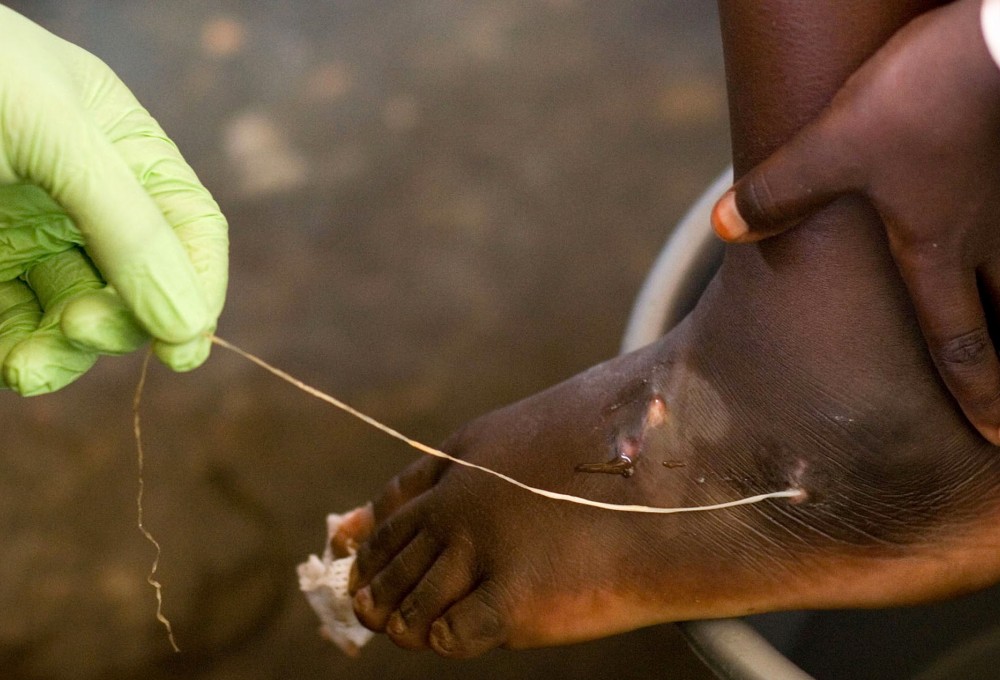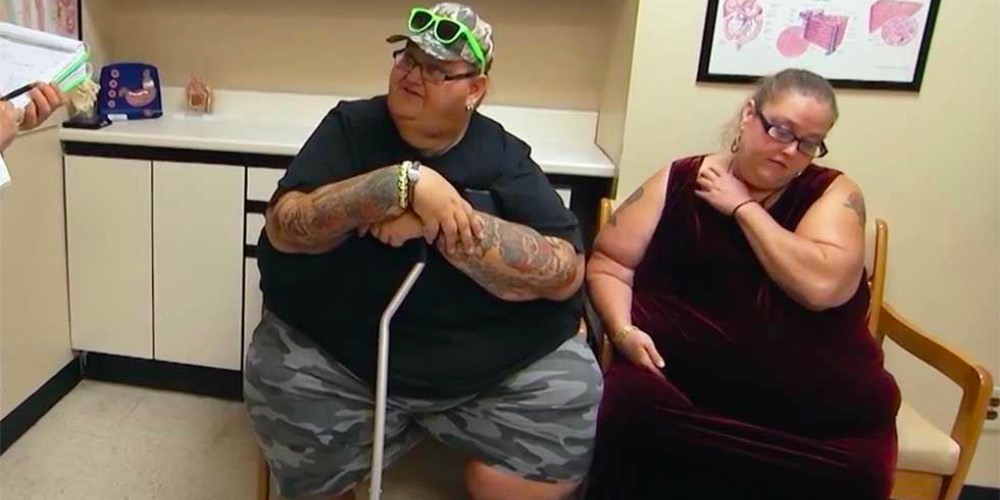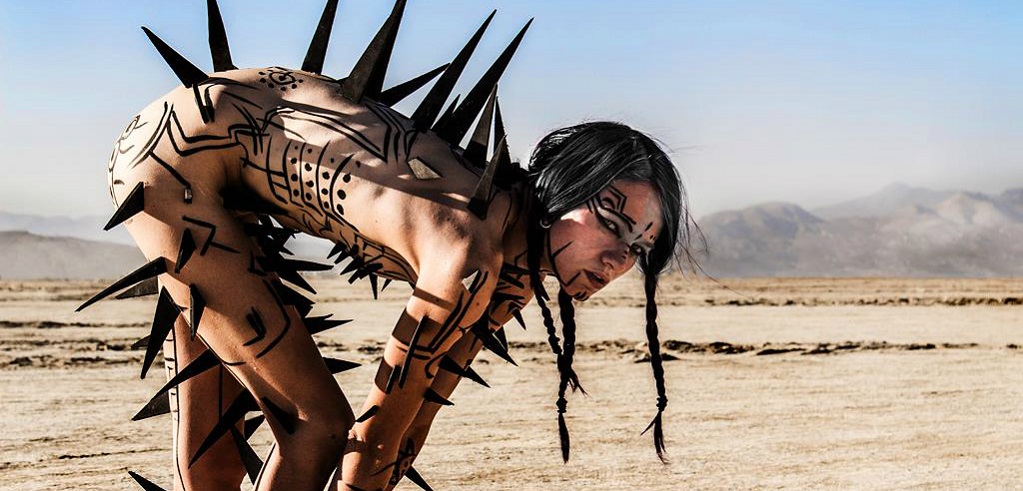
The Most Shocking Parasites Ever Found Living Inside The Human Body
A human being is an obvious biological success of a species, but this success has a price: we are surrounded by the army of numerous exotic “toadies” including hundreds of types of viruses, bacterias, fungus, and other stuff. Viruses were obviously the first parasites in history, they infected bacteria, but then multicellular life appeared and they switched to more complex hosts. There are almost a hundred million different species of living creatures on Earth and half of them are parasites.
Here, we put together a list of the grossest things that can live in a human body. Bon Apetite!
Dermatobia hominis aka human bot fly
The human bot fly is native to Central and South America. The infection is happening pretty simple. A botfly finds a victim – a female mosquito, for instance – lay eggs on its belly and then let it go. When the mosquito finds its victim, it bites, the larvae feel the warmth of a human body and hatch. The larvae penetrate the skin and stay under the subcutaneous layer until they grow to the size of 0,7 inches in just a few weeks. Now it’s time to go outside. The larvae reach the ground where it pupates. Done!
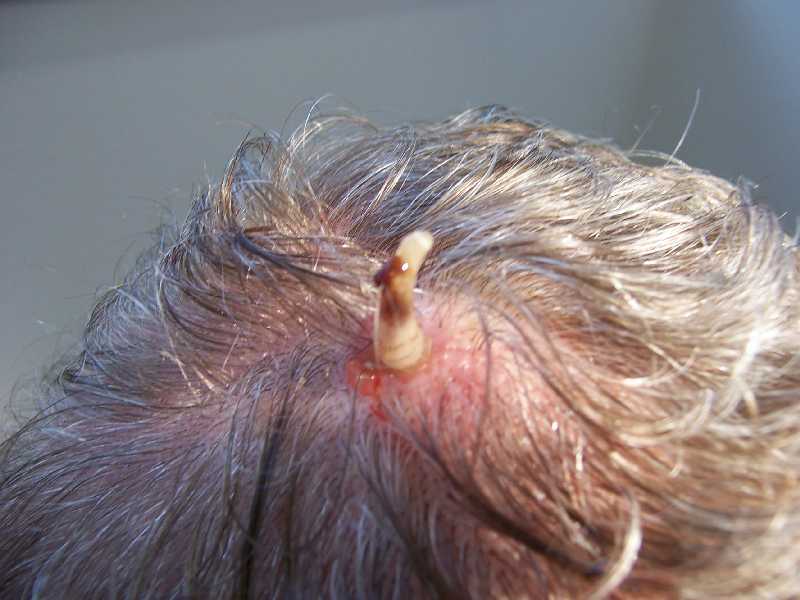
Loa loa
This roundworm has a weird ability to get into the human eye. When the fly-carrier bites the victim, the larvae get into the wound. Sometimes it happens that the adult L.loa creeps out to the surface of an eye which makes it visible to the infected. Yikes!
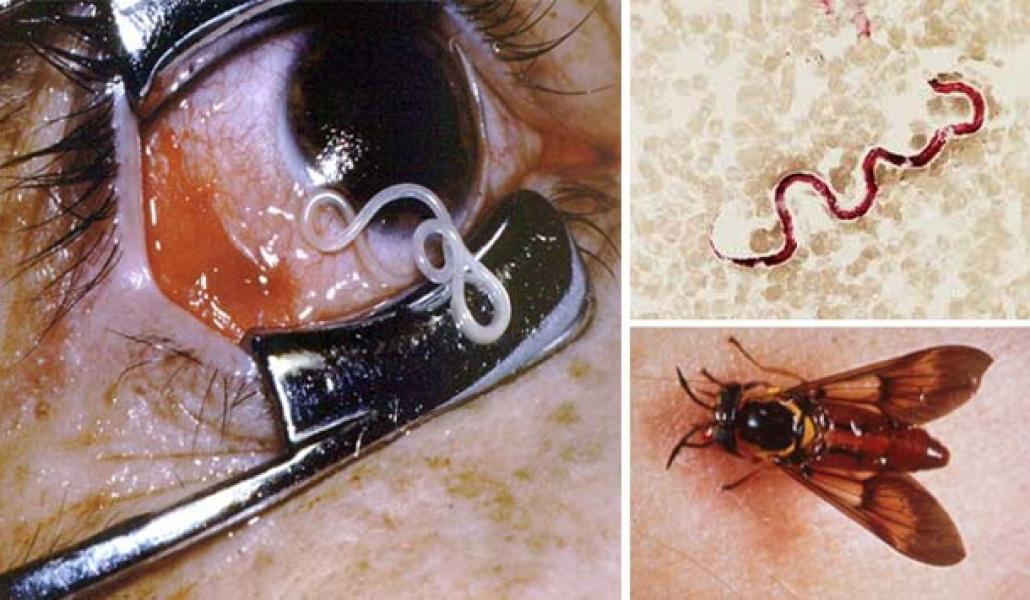
Leishmania braziliensis
This single-celled parasite gets into the blood-stream with the midge bite and attacks the immune system that spreads it all over the body. These infected cells get to oral region, rectum and genitourinary tract where it starts multiplying. In the worst case scenario, we can witness the full palate destruction.

Wuchereria bancrofti
This parasite lives in blood vessels. When the warm dies, the inflammation that occurs in the vessel slows down the blood stream. If there’s too many of them, they block the blood vessel which results in swelling. A leg increases in size, the skin dries out and gets covered in wrinkles
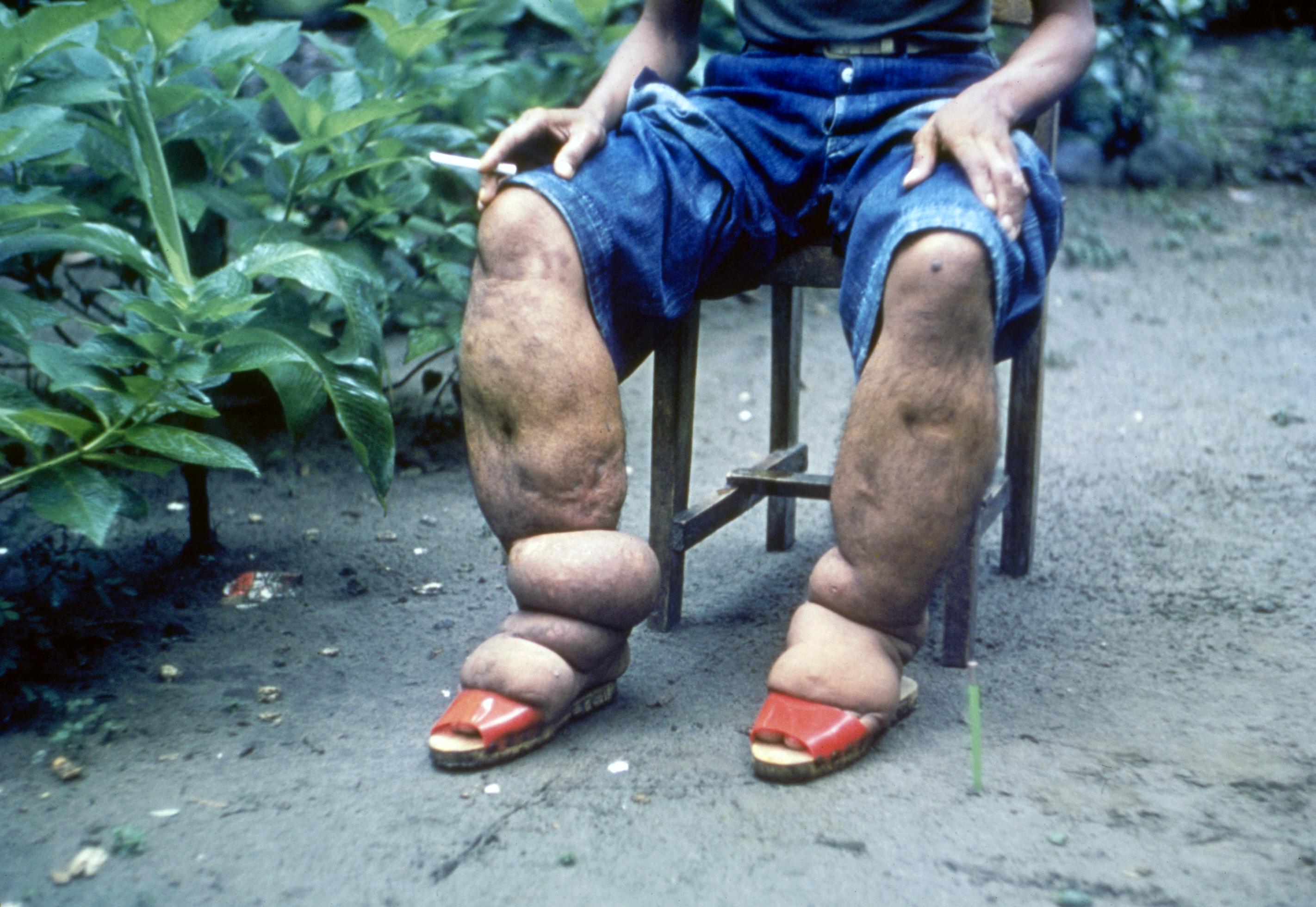
Guinea Worm Disease (Dracunculus medinensis)
Humans become infected by drinking unfiltered water containing copepods (small crustaceans) which are infected with larvae of guinea worm. When copepods die inside the human stomach, they release the larvae, which penetrate the host stomach. After maturation into adults, the male worms die, and the females migrate in the subcutaneous tissues towards the skin surface. Approximately one year after infection, the female worm induces a blister on the skin, generally on the distal lower extremity, which ruptures. When this lesion comes into contact with water, a person tries to relieve the discomfort caused by this contact, the female worm emerges and releases larvae.
